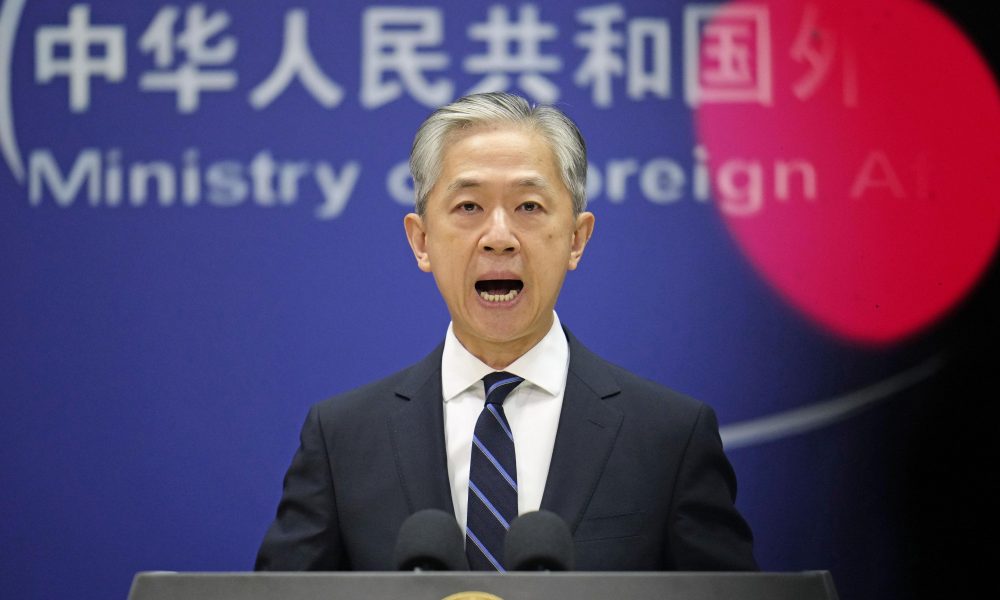
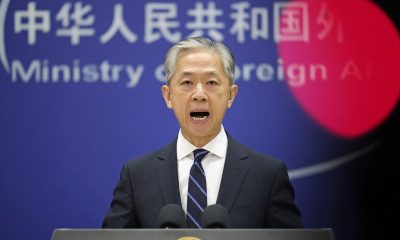

China says its ban on Japanese seafood is about Fukushima Daiichi, but facts say it's economic coercion. Japan's strategic response should include these points.
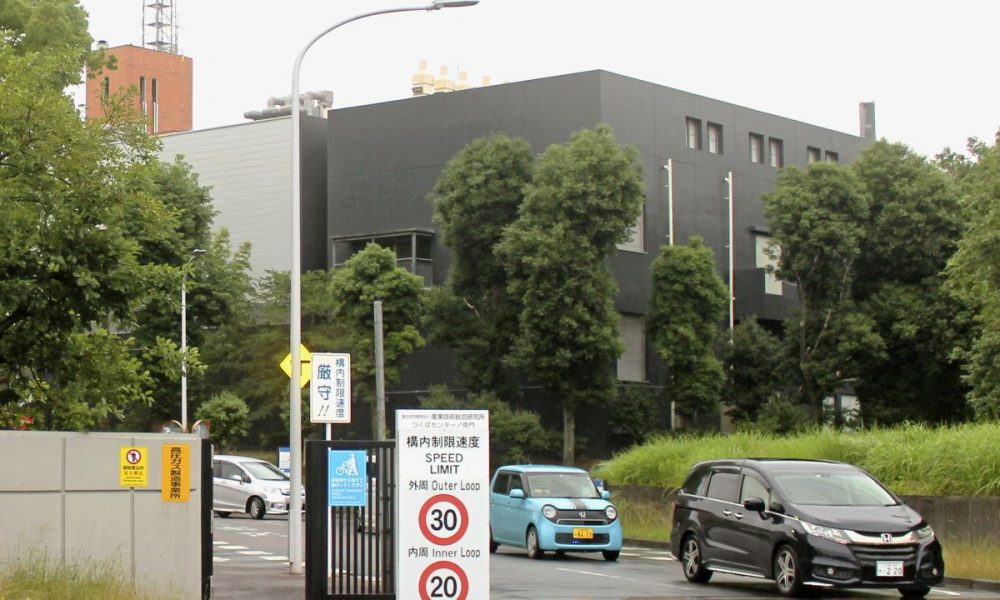
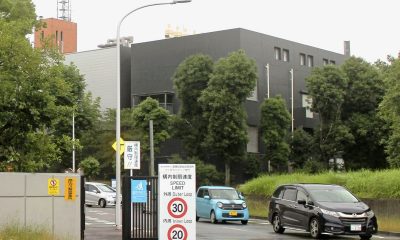

Recent technology leaks have highlighted the need for new recommendations for institutional internal management and information handling protocols in Japan.
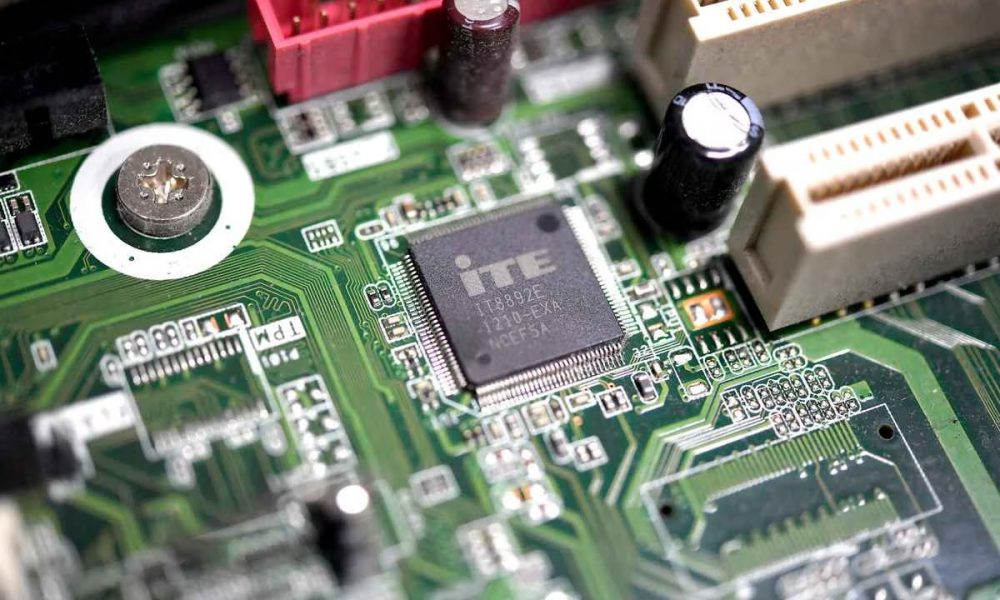
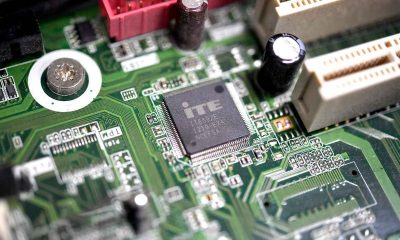

Tokyo is hesitant to name China as the target of its semiconductor export controls. But it should not distort basic principles out of fear of retaliation.
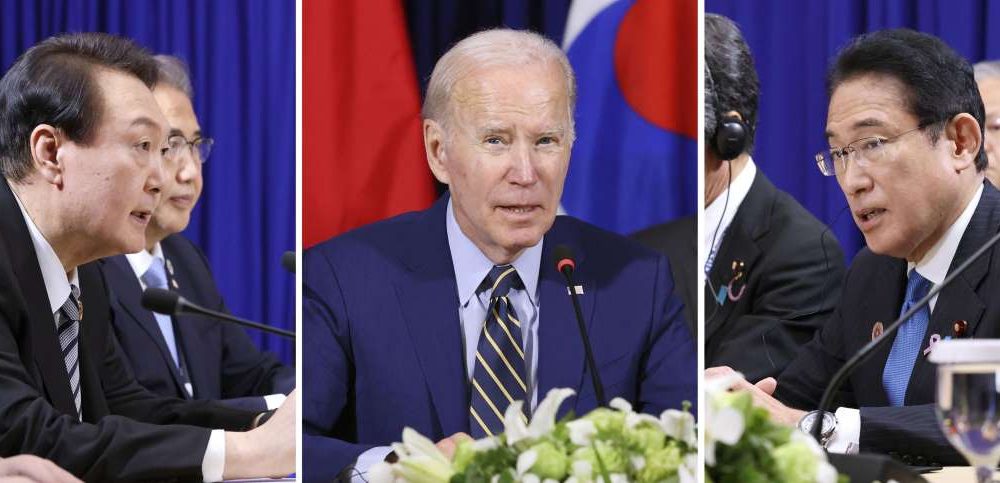
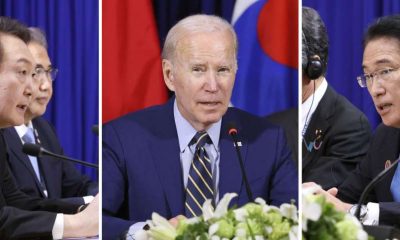

Establishing a trilateral economic security dialogue on supply chains in the Japan-US-South Korea summit talks impacts semiconductors, a priority of China.



The investigation was conducted by lawyers selected by activist shareholders, not by objective third parties. Moreover, national security must take precedence over shareholder rights.
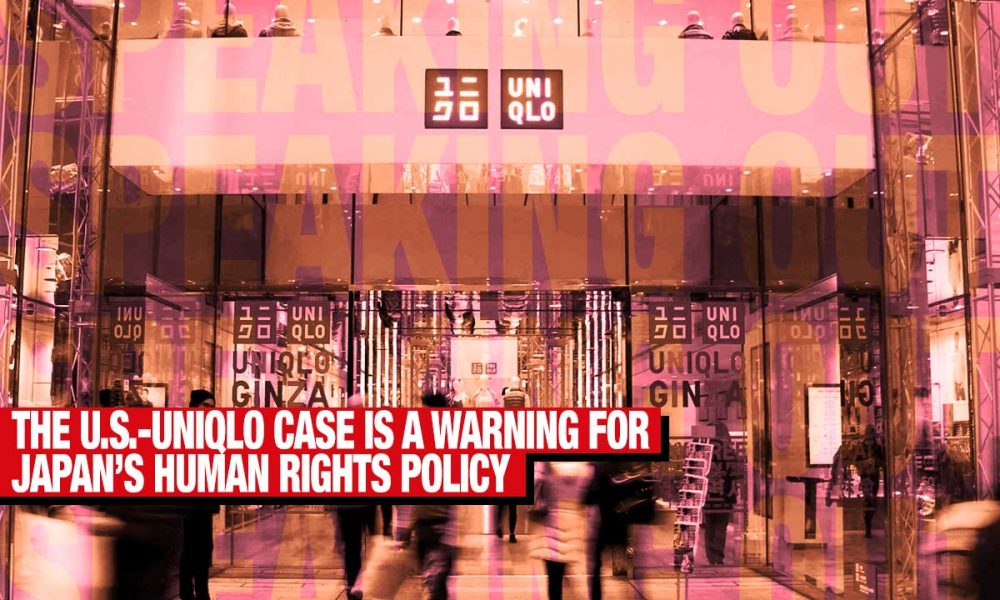
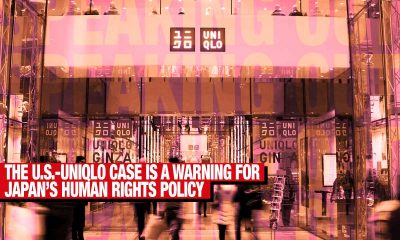

Japan and its business world must fundamentally rethink their human rights risk assessment practices in light of China’s human rights violations and the West’s response.
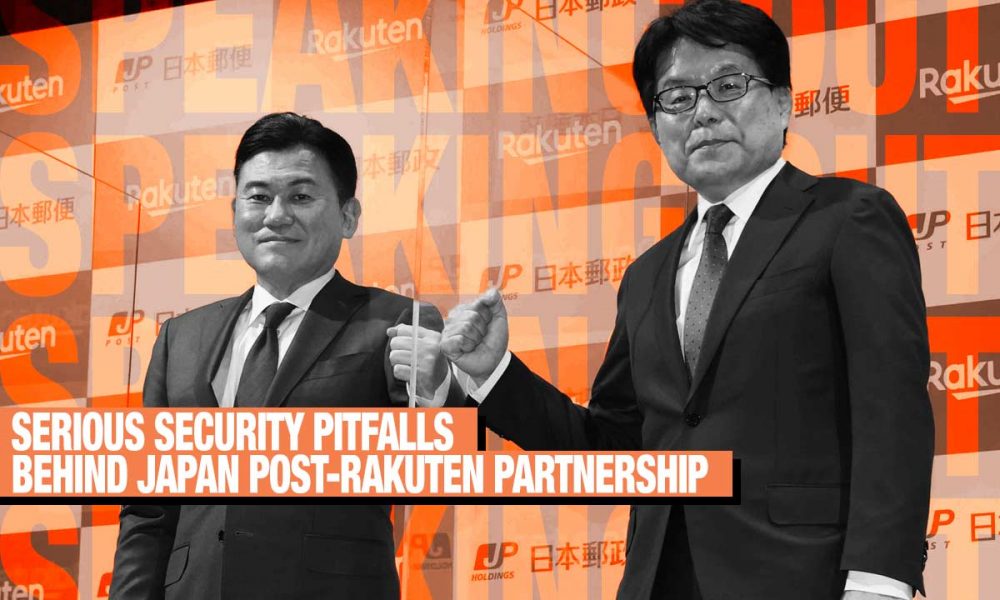


Inviting Rakuten with its Chinese investor Tencent as a partner of the Japan Post Holdings poses a grave problem to Japan’s economic security and should be...
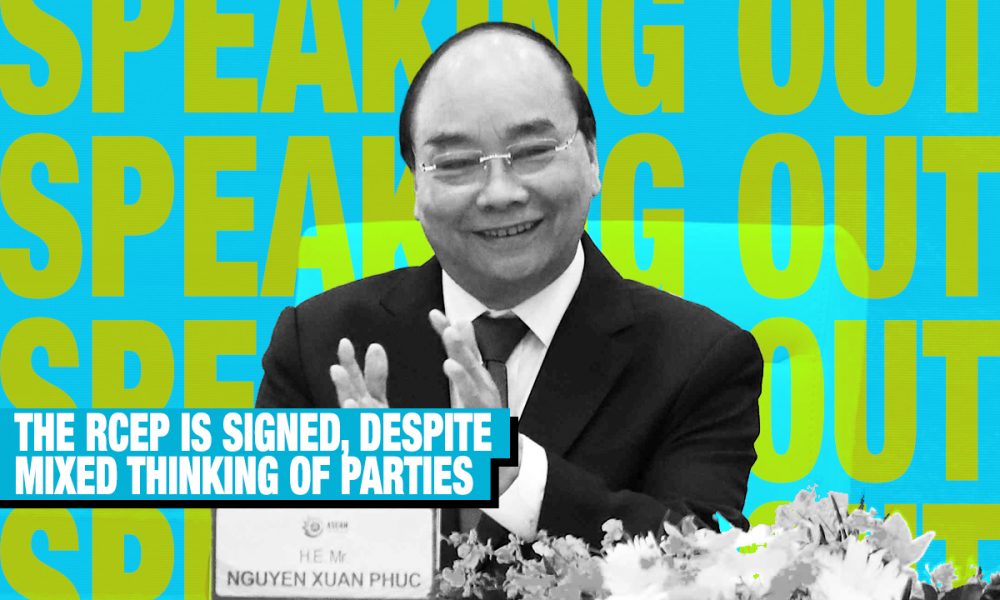
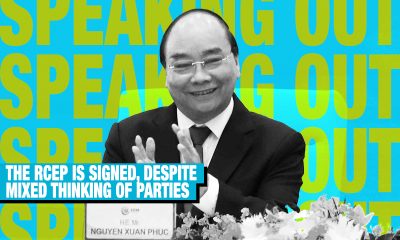

~The RCEP shows progress in trade liberalization but should not be overrated.~ Fifteen countries including Japan, China, South Korea and the 10 Association of...



For the Indo-Pacific, “Free and open” is an indispensable keyword. Without the keyword, the concept may become soulless. A remark by Japanese Prime Minister...



Joe Biden has secured victory in the U.S. presidential election. One of the keys to considering Japan’s strategy for relations with the United States...
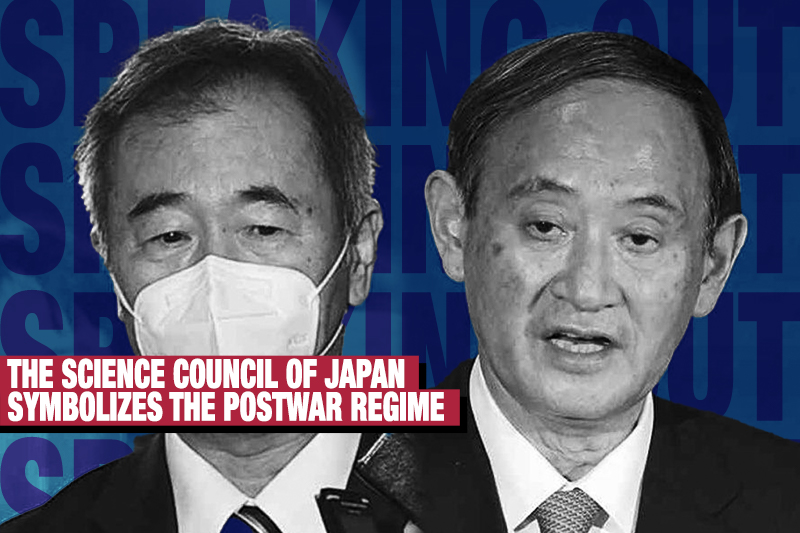


What the Science Council of Japan should be has been brought into question since Prime Minister Yoshihide Suga refused to appoint six of 105 candidates...
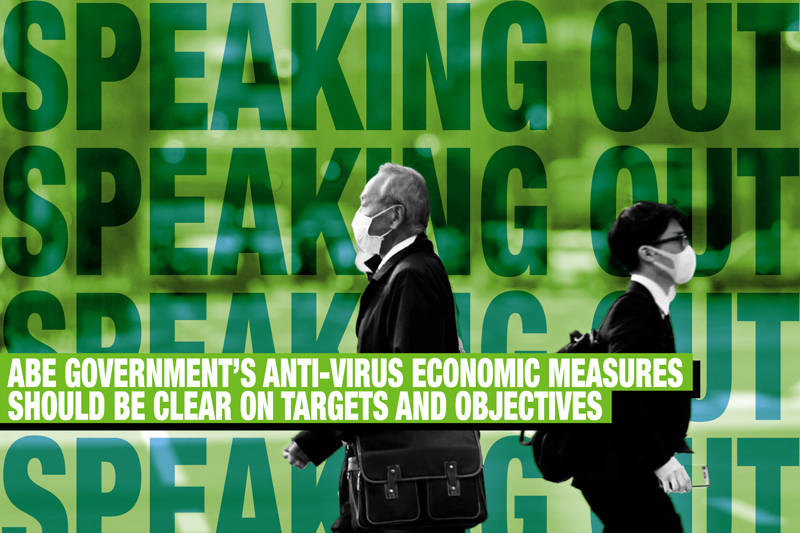


The economic impacts of the new coronavirus pandemic have become serious. As the infection has spread from China to Europe and the United States, the...